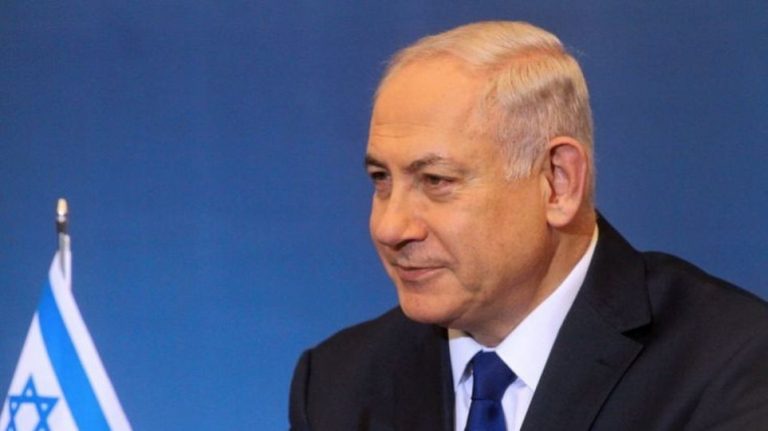There has been a surge of optimism lately about a possible thaw in relations between Turkey and Israel. Signs of a possible breakthrough came when Israel’s national carrier, El Al, resumed its cargo flights to Turkey, with the first plane landing in Istanbul on May 24 after a decade-long pause. The flights had stopped after Israeli commandos killed nine Turkish activists on board the Mavi Marmara flotilla carrying aid to Gaza in May 2010, sending relations between the former allies into a tailspin.
Yet even as El Al was loading medical supplies to combat COVID-19 for onward delivery to US doctors, Turkish President Recep Tayyip Erdogan was blasting Israel’s plans to annex nearly half of the West Bank in an Eid al-Fitr address to American Muslims the same day.
Noting that “a new occupation and annexation project, which disregards Palestine’s sovereignty and international law,” had been set in motion by Israel, Erdogan vowed to “not allow the Palestinian lands to be offered to anyone else.”
Moreover, Jerusalem is a “red line for all Muslims, worldwide,” he said, making it clear that Ankara’s overall stance toward the Jewish state remained unchanged.
The US successfully tested a laser weapon that can destroy aircraft mid-flight (video)
Few will have likely been more dismayed than Israel’s charge d’affaires in Ankara, Roey Gilad. In a May 21 essay for the Turkish online publication Halimiz, Gilad had called for mutually reinstating ambassadors. There has been no ambassador in either capital since May 2018, when Turkey asked Israel’s ambassador, Eitan Na’eh, to “go on leave” because of carnage in Gaza and Washington’s decision to move its embassy from Tel Aviv to Jerusalem.
Ask me anything
Explore related questions





